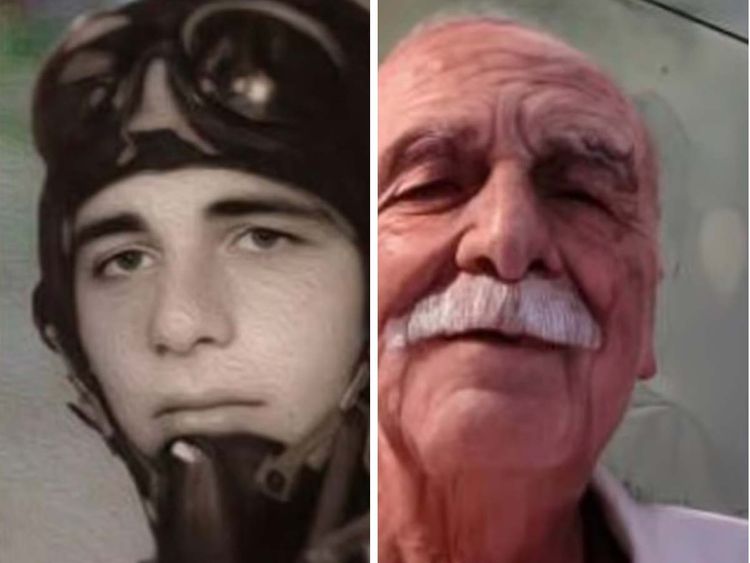Raheed Al Tatari, a former Syrian pilot known for his refusal to bomb the city of Hama during a turbulent period, has been released after spending 43 years in prison. His steadfast decision to reject orders to attack civilians has made him a symbol of bravery and resistance, but it came at a significant personal cost, including decades of incarceration and separation from his family.
Throughout his imprisonment, Al Tatari was moved between different facilities. Despite the challenges he faced, his spirit remained unyielded. In a touching aspect of his story, Al Tatari shared that he had only one chance to see his son while in prison—a brief encounter when his child was a teenager. This short reunion highlighted the sacrifices he made for his beliefs.
His release has generated a wave of reactions, with many celebrating him as a hero who chose humanity over orders, even in the face of severe repercussions. Supporters view Al Tatari as a paragon of moral integrity, whose choices illuminate the impact of individual actions during wartime. His journey has motivated a new wave of advocates for justice and accountability.
As Al Tatari embarks on a new chapter in his life, his legacy serves as a powerful reminder of the resilience of the human spirit in the face of overwhelming challenges. His bravery and sacrifices will surely be remembered as a symbol of hope and resistance in history.





